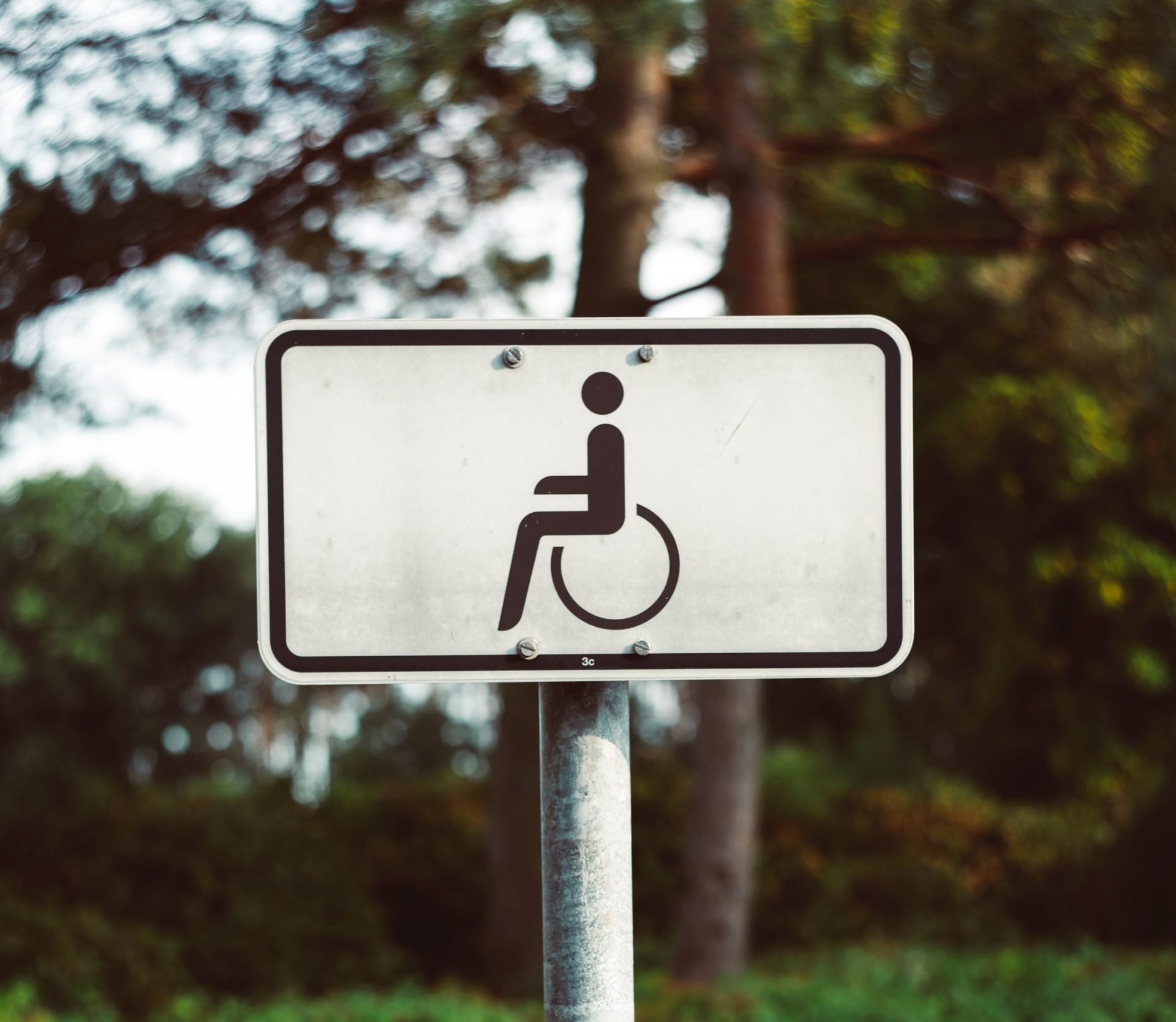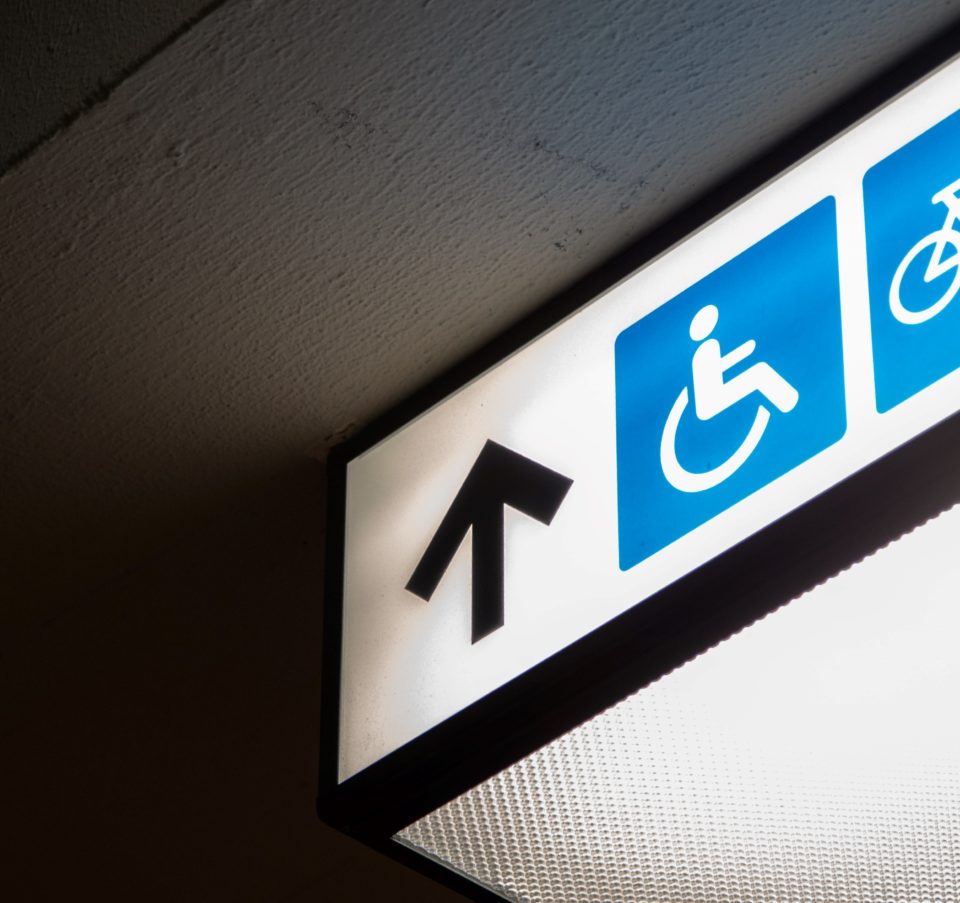
A group of citizens dissatisfied with the rights that their children receive in the area of Herzegovina-Neretva Canton (HNK) founded the association Roditelji djece sa invaliditetom (“Parenting Children with Disabilities”) with the hope of increasing awareness among competent institutions of the issues children with disabilities face.
“The reason we came together under the auspices of the association is dissatisfaction with the position of our children in HNK, because the current government discriminates against us parents and our children with its decisions,” said Alisa Bajgorić, spokesperson for mothers of children with disabilities from the area of HNK.
She recalled that they had sent open letters to the Government of the Croatian National Academy of Sciences and to the Minister of Health, Labor and Social Protection, Dr. Goran Opsenica, asking for amendments to the law on child subsidies. “Our children should be able to receive child subsidies without means-tests,” she asserted. They also demand that the Law on Parental Care which applies in the Federation of BiH be implemented in the HNK, and that the competent institutions adopt a better approach in general towards children with disabilities and their parents.
Bajgorić hopes that their demands to the HNK government will not continue to fall on deaf ears. If that happens, they will be forced to demand their rights through public protests. This step, they are sure, would be an embarrassment to a country that is on the way to Euro-Atlantic integration and that they really love.
Selma Zukanović, the mother of a person with a disability, emphasized that children with disabilities in HNK are left to their own devices and the support of their parents and kindhearted people. “If we don’t resort to some form of nepotism, our children will be denied the progress and future they deserve,” said Zukanović. She pointed out that the attitude of the government towards children with disabilities makes her sad, but she hopes that the new cantonal government, which has yet to be constituted, might change something.

The group of parents of children with disabilities asked the current minister, Dr. Opsenica, whether the status of parent-caregiver is adequately regulated and whether they can expect an easier way to acquire medical equipment and orthopedic aids, which are often vital for people with disabilities. They also wanted to know whether they would be able to use rehabilitation facilities in Bosnia and Herzegovina, because the HNK lacks proper conditions to care for people with disabilities and educated staff, as well as whether children with disabilities will have the right to child subsidies without a means-test.
They received no answer.
“We are trying to be independent and accepted in society, so the establishment of an association of children with disabilities and their parents in the area of the entire HNK implies greater mutual support and cooperation for us,” said Azemina Mehremić, member of the Ružičnjak association and president of the Youth Council. She is also the author of the books Zbirke pjesama, Behar, and Budućnost.
Mehremić emphasized that the cantonal, federal, and state authorities are obliged to provide them with better living conditions such as adequate education and public transport, but also everyday life because “people with disabilities are special in every sense.”






